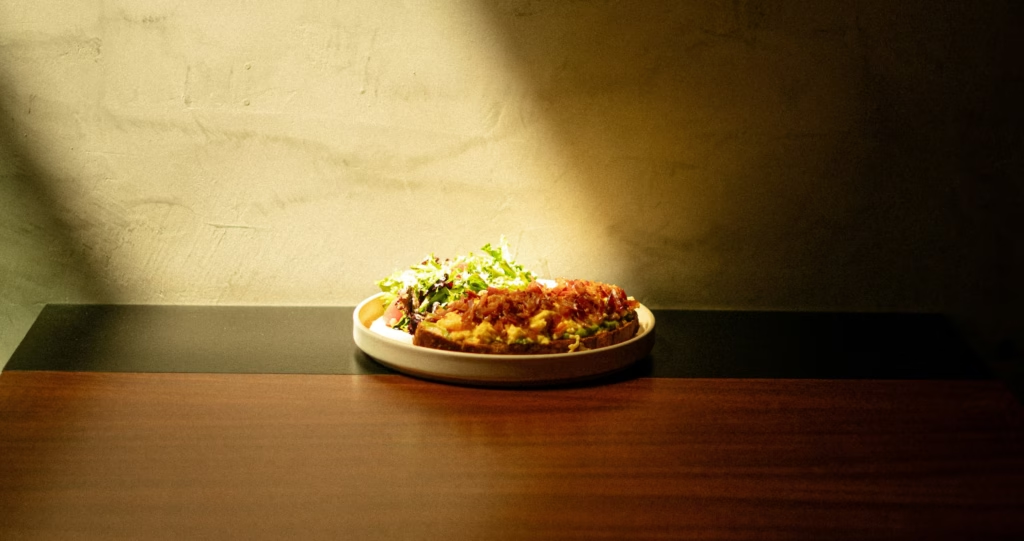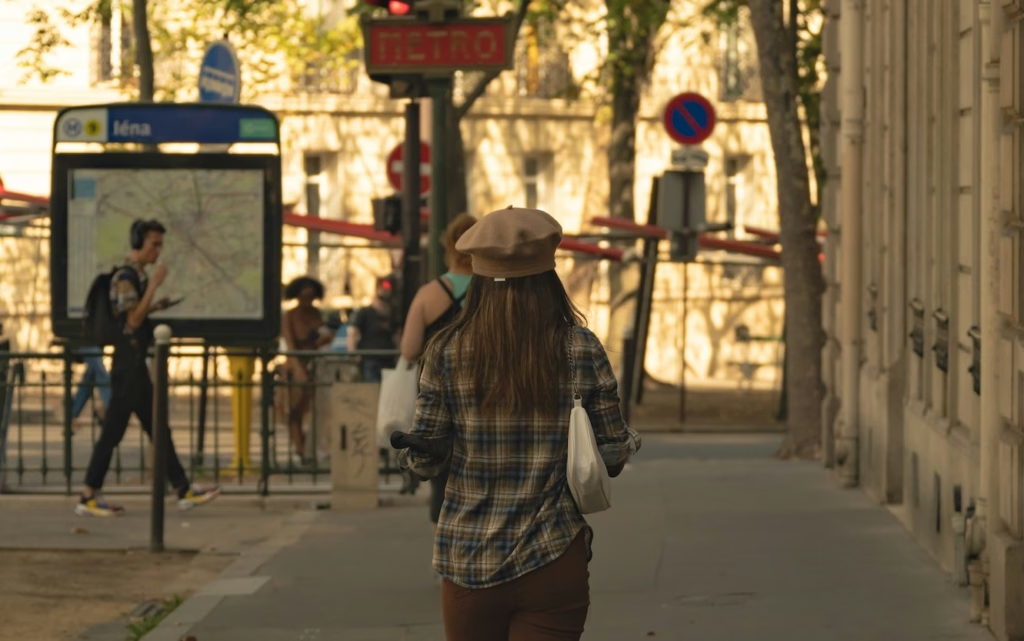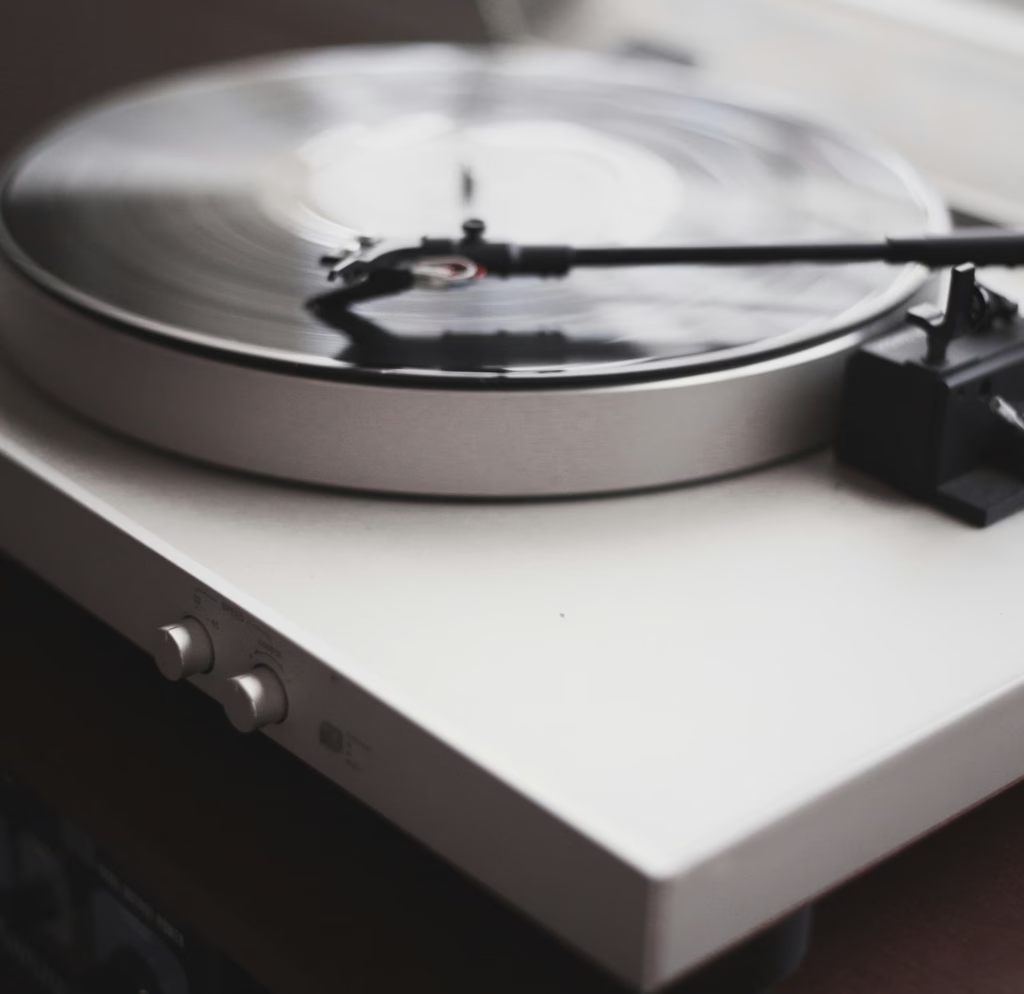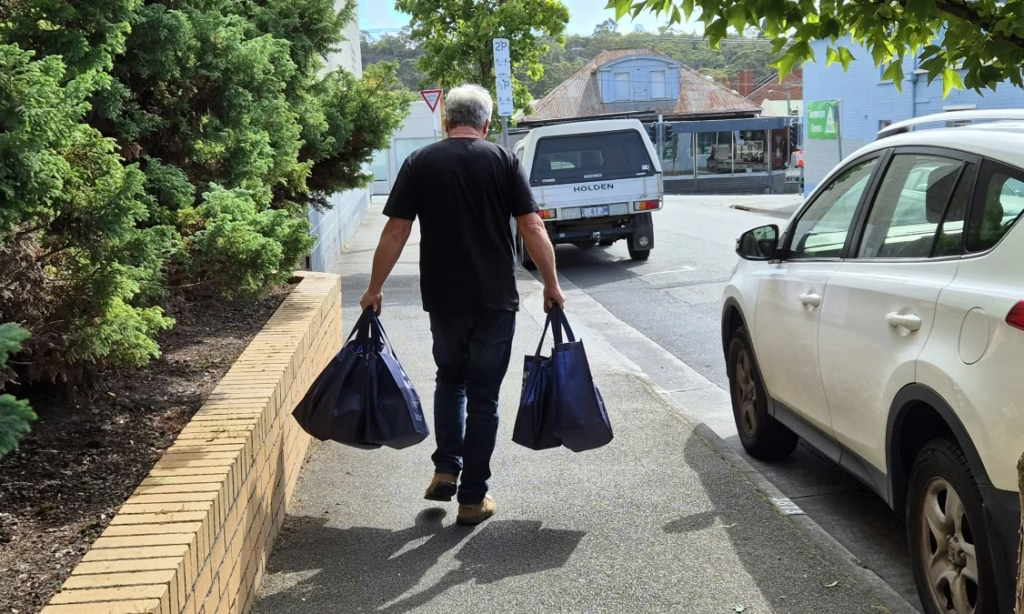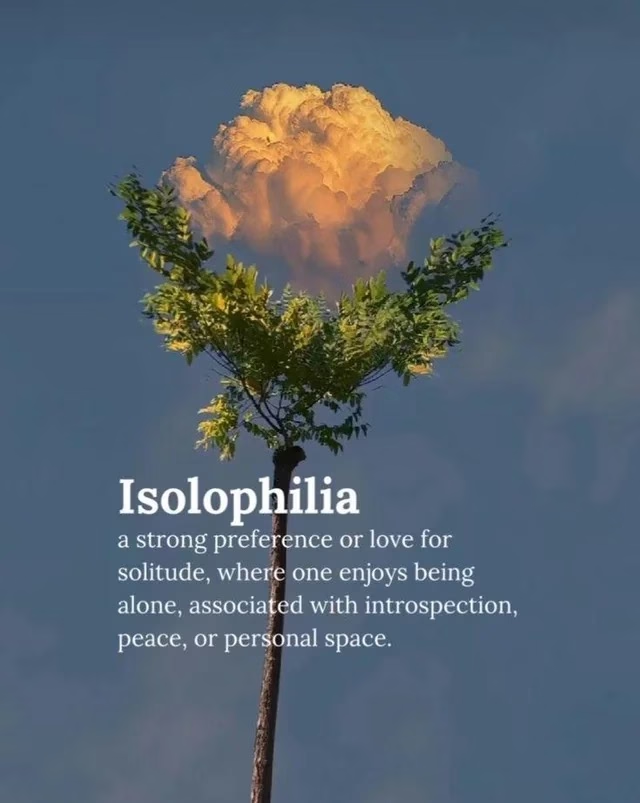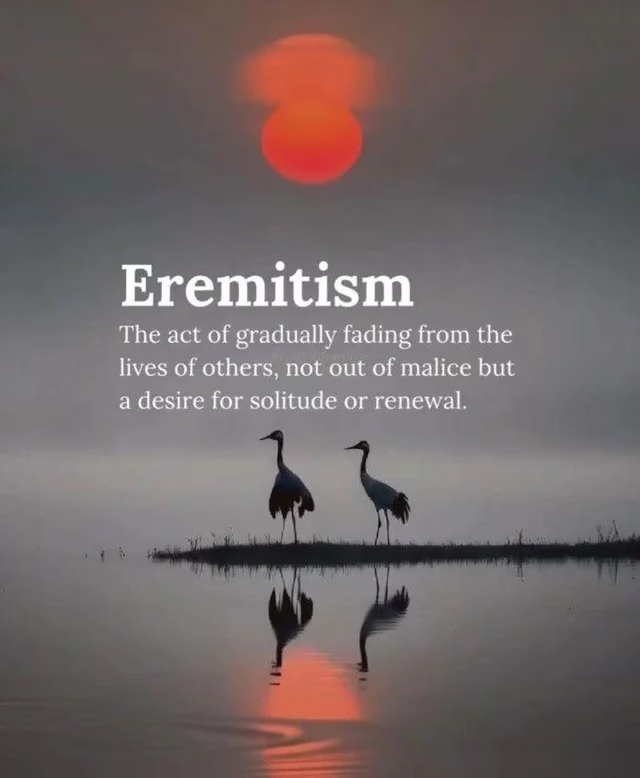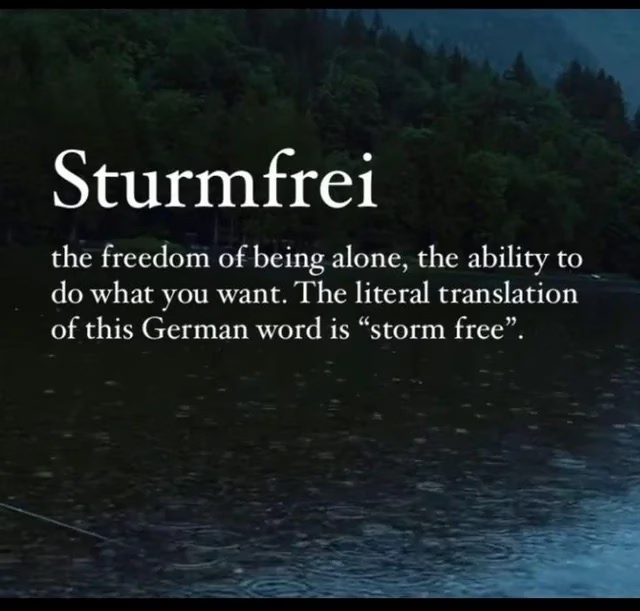Living alone doesn’t mean you’ve opted out of romance. It just means you may need to be more intentional about how it fits into your life.
For many people, the default path for a relationship is simple: date, get serious, move in together, engagement, marriage. Some will move those steps around a bit, but that progression is so familiar that it can feel inevitable — as though sharing a home is the natural endpoint of connection.
If you’ve come to enjoy your solitude, that endpoint might not suit you.
That doesn’t mean you have to stay single. It means you have options.

Same City, Separate Spaces
Many couples maintain separate homes, even in long-term, committed relationships. Sometimes it’s about work. Sometimes about finances. Sometimes about children from previous relationships.
Sometimes it’s simply because they like having their own space.
You can see each other often. Share meals, weekends, trips. Stay over when you want to. Then return to your own routines, your own bed, your own quiet.
Close, But Not Cohabiting
Some people choose to live in the same suburb — or even the same building — while maintaining separate apartments. This creates an interesting balance: proximity without permanence.
A shared life, but not a shared fridge.
It’s easier to spend time together, but just as easy to retreat when you need solitude.
Long-Distance Relationships
For those who value independence highly, long-distance relationships can work surprisingly well. Time together becomes intentional rather than automatic. Communication has to be explicit. And the periods apart preserve the space many solo dwellers rely on to recharge.
You get closeness — without losing autonomy.
Non-Monogamous Models
There are also relationship structures that don’t follow the traditional, one-partner, shared-home model.
Ethically non-monogamous relationships, for example, can allow people to maintain romantic or emotional connections without merging their entire lives into one unit. These arrangements vary widely, but they share a common thread: they’re negotiated intentionally rather than assumed.
Shouldn’t that be the model for every relationship?
They’re not for everyone. But they are options.
You Don’t Have to Follow the Script
Romance doesn’t have to look one way. It doesn’t have to move toward cohabitation, marriage, or shared finances unless that’s something you want.
You can choose connection without choosing to live together.
You can choose commitment without choosing to merge your lives completely.
You can choose intimacy without giving up your solitude.
Living alone doesn’t close the door on love.
